Sabi Star Mine, operated by Chinese-owned Maxi Mind, is at the centre of environmental havoc in Mukwasi Village, Buhera.
The lithium boom, while fuelling Zimbabwe's economic ambitions, has made life unbearable for villagers by choking the air, blighting crops, and putting lives at risk.
Ore-hauling trucks rumble past homes, schools, and grazing fields, leaving dust clouds that settle on crops, food, and water.
Zimbabwe's lithium industry has surged in recent years, becoming the country's third-largest mineral export after gold and platinum group metals.
Lithium exports brought in US$674 million in 2023 alone, a huge jump from US$70.6 million in 2022, largely due to over US$1.2 billion in Chinese investment since 2021.
The boom has been hyped with promises of jobs, processing plants, and foreign direct investment.
However, it has also come at a high cost, including environmental degradation, deepening inequality, and displacements.
In Mukwasi Village, ore-hauling trucks pass daily, leaving dust clouds that settle on crops, homes, and water sources.
Local villager Plaxedes Zinatsa said: "We are happy about the development of mining in our area."
"It's not like we had equipment to mine it ourselves. But our biggest problem now is dust.
"We are now at a point where everyone has to get his or her snot tested for TB (tuberculosis)," said Zinatsa.
Dust coats every surface in her newly built home, just 30 metres from the mine road.
She regrets accepting relocation from Maxi Mind, the Chinese-owned operator of Sabi Star lithium mine.
"When the trucks pass, it's like you never cleaned at all. Even the plates in my cupboard get coated with dust.
"A small garden can't survive. Even my cows are struggling," she lamented.
Children walking to Mukwasi Primary School must cross a busy road.
"One child was hit by a car after a fleet of trucks passed. Neither the driver nor the child could see through the dust," she recalled.
The complaints echo across Zimbabwe's mining districts.
At Bikita Minerals, the country's largest lithium mine, locals have reported chemical spills, water contamination, forced relocations, and labour abuses, including a worker's death.
In Goromonzi District, Shengxiang Investments ignored two government shutdown orders over environmental breaches.
Similar reports of dust pollution, deforestation, and degraded farmland are emerging nationwide.
Critics say weak enforcement and the government's courting of foreign investment have allowed repeat violations to go unpunished.
Centre for Natural Resource Governance (CNRG) director Farai Maguwu said haulage trucks on a 40 km dirt road between Murambinda Road and SabiStar were causing serious dust pollution.
"The trucks raise dust which settles in people's homes and fields. Communities complain that vegetables are now covered in dust.
"This is the story of mining throughout Zimbabwe," said Maguwu.
He added: "It is a war on the communities. Companies and the government must tarmac these roads to reduce dust pollution."
"Companies are capable of doing this if there was a push from the government.
"However, most of the ruling elites are secret shareholders in these companies, hence they protect their narrow interests at the expense of the people," added Maguwu.
Buhera North MP Phillip Guyo accused Maxi Mind of showing little regard for the welfare of local communities.
"When I went into office, I engaged the mine over dust issues, and the manager even appeared on national TV promising that within a week they would construct a road linking the mine to the highway. That never happened.
"When I followed up, I was told the directors had changed and the tarred road was no longer part of their plans," he said.
Guyo said despite efforts to engage the company through the District Coordinating Committee (DCC), the mine has remained uncooperative.
"These residents never imagined such a business would emerge here, and now the Chinese investors want to do things their own way.
"We've tried every possible channel, but at the moment there is no sign of assistance.
"Since I took over from the former MP, we have been engaging them, but now they don't even want to meet with us,' added Guyo.
Rural communities are paying the environmental price for Zimbabwe's lithium wealth.
Mukwasi Village secretary Silas Mhuriro said roadside families are living with persistent health problems.
"Almost every household has someone suffering from TB or chest pains. Trees are dying.
"Their leaves are always covered in dust, and they can't survive. These are the same trees that give us oxygen," he said.
Despite repeated pleas, the mine has refused to tar the road. "They sprinkle water here and there, but it's not enough.
"Even nurses leave because of the dust," added Mhuriro.
Maxi Minds spokesperson Emmerson Njanjamangezi insisted it values community welfare and is actively addressing dust problems.
"At Sabi Star Mine, we place great value on the health, safety, and well-being of our stakeholders and surrounding communities.
"Mitigating the impact of dust remains a top priority for us," said Njanjamangezi.
The mine said it waters roads three times a day near schools, clinics, shopping centres, and homesteads, and has introduced strict truck speed limits and regulated travel times.
"We requested the Rural Infrastructure Development Agency (RIDA) to construct 56 speed humps along the 37-kilometre stretch from the mine to Gaza," added Njanjamangezi.
Sabi Star Mine is also exploring new dust-control methods.
"We are currently exploring the use of molasses, which has binding properties and could potentially reduce dust by up to 100%.
"Meanwhile, we continue to maintain the 37 km dirt road through regular re-gravelling and grading," Njanjamangezi.
The company ruled out resurfacing the road for now, citing financial constraints.
"Due to a sharp decline in global lithium ore prices, falling by 90% last year, the mine does not have the fiscal capacity to fully resurface the road," said Njanjamangezi.
Mukuku Clinic's deputy sister-in-charge, DephineNgwenya, said the dust has brought a surge in illness.
"We're constantly testing for TB. Pneumonia in children is rising. Eye problems, too," she said.
One staff member developed severe migraines and eye issues — only to recover after being transferred.
Murambinda Town Board administrator, TranosHondongwa, said the miner had been fined over air pollution complaints.
Environmental Management Agency (EMA) district officer, Severino Kangara, confirmed the penalties.
"When there is mining, there is always non-compliance," he said.
The crisis at Mukwasi Village, Buhera, is a warning that despite the lithium rush bringing wealth to the nation, the toll on its villages is mounting.
Without urgent road surfacing, effective dust suppression, and strict enforcement of environmental laws, the promise of prosperity may leave behind only poisoned air, failing crops, and sick communities.
The question remains whether the government will permit lithium mining without sacrificing its people or its land.
- newshubzim
 Academic manipulation scandal rocks top Harare college
Academic manipulation scandal rocks top Harare college  South Africa is in serious trouble
South Africa is in serious trouble  US halts visa services for Zimbabwean nationals
US halts visa services for Zimbabwean nationals  ZSE pushes for another equities tax cut to boost selloffs
ZSE pushes for another equities tax cut to boost selloffs  Gold edges up as traders await guidance
Gold edges up as traders await guidance  Inside Buhera's hidden cost of lithium
Inside Buhera's hidden cost of lithium  Young Investment Professional (YIP) Graduate Programme 2019
Young Investment Professional (YIP) Graduate Programme 2019 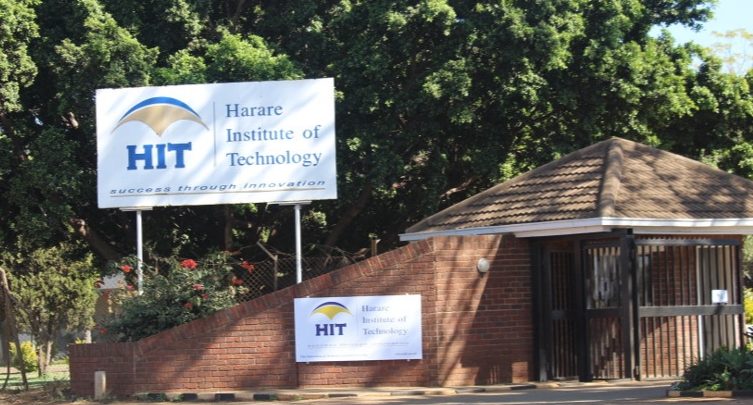
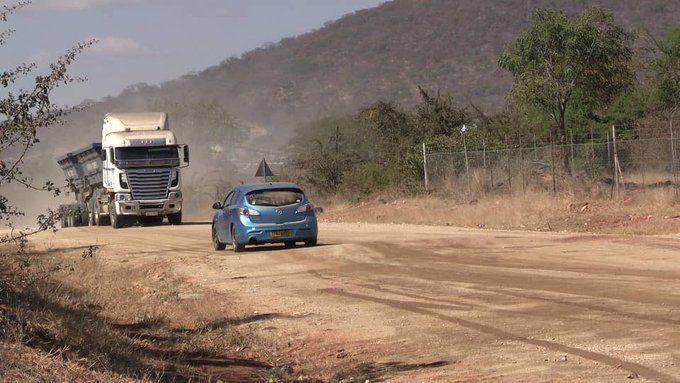
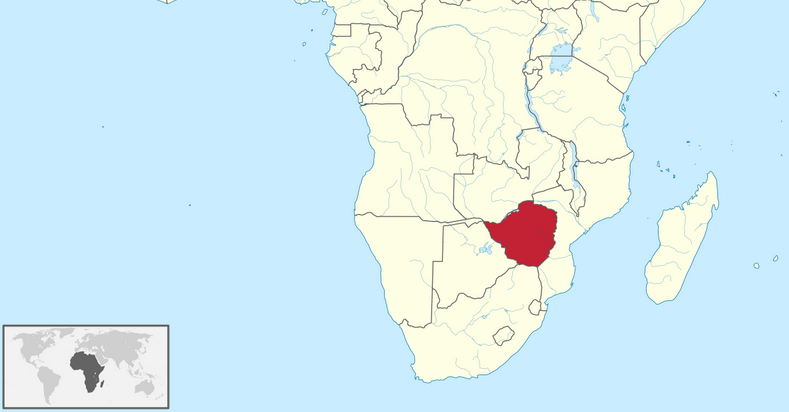


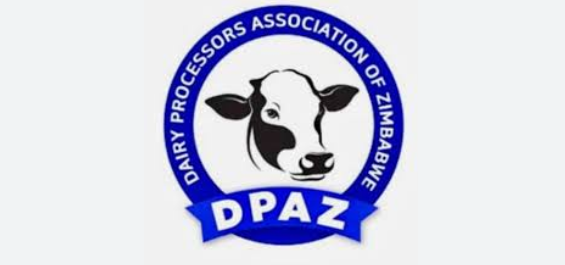
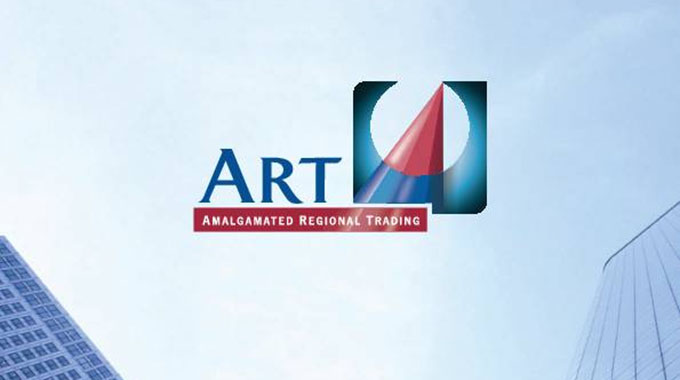

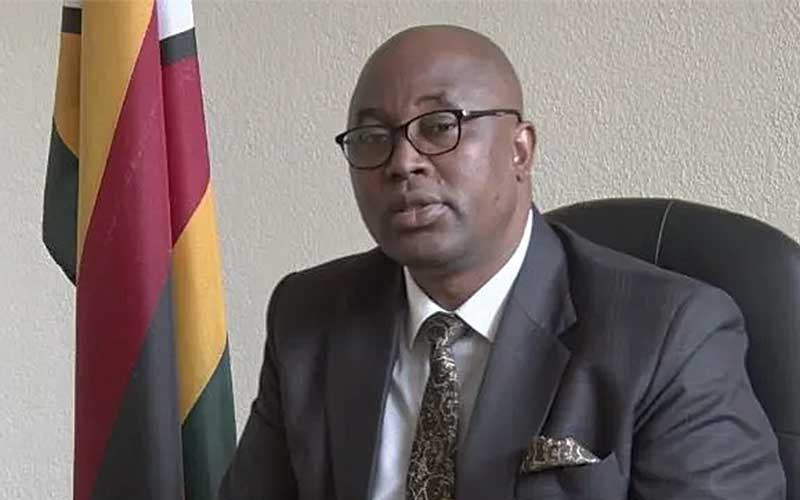
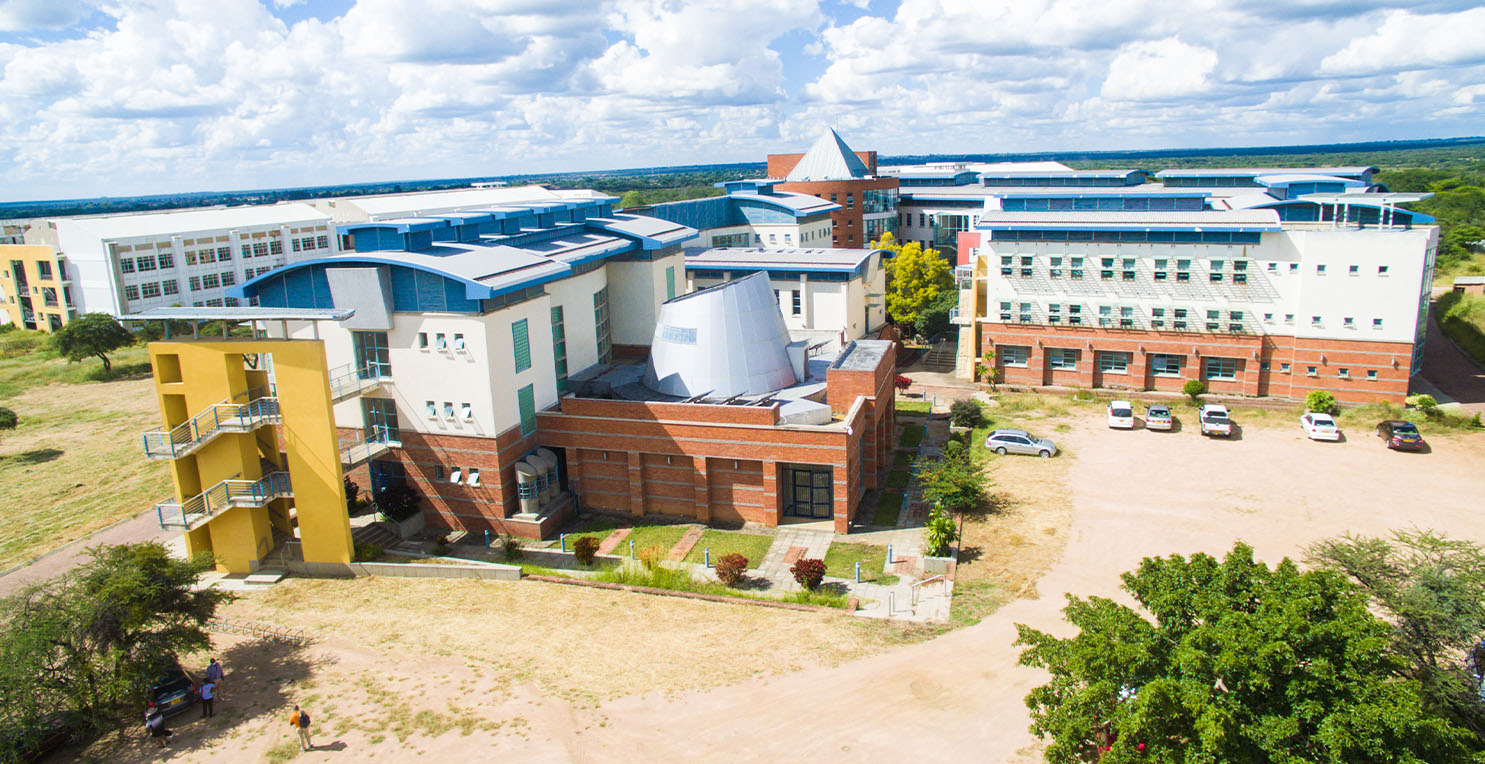

 Young Investment Professional (YIP) Graduate Programme 2019
Young Investment Professional (YIP) Graduate Programme 2019
Editor's Pick